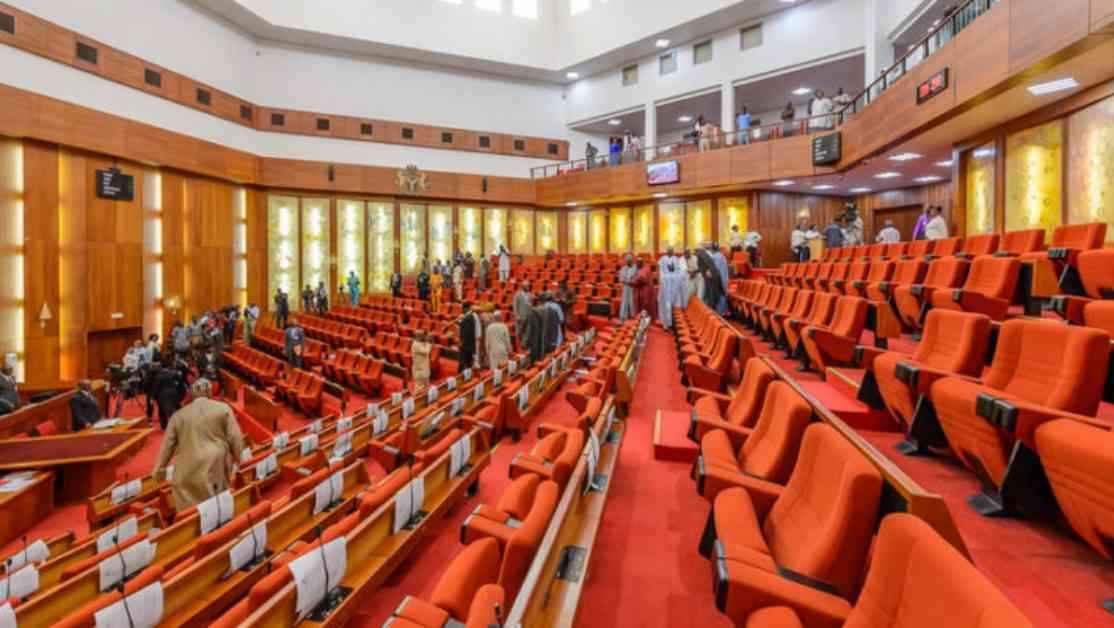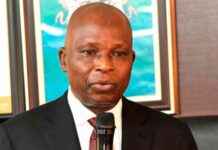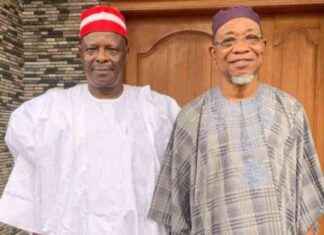The Senate decided on Tuesday to set up an adhoc committee to organize a national security summit in a bid to tackle the rising security challenges in the country. The decision came after a motion put forward by Senator Jimoh Ibrahim (APC, Ondo South), along with Senators Titus Zam (APC, Benue North West), Nwebonyi Onyeka Peter (Ebonyi North), and Osita Ngwu (Enugu West) during a plenary session.
Despite government efforts to curb the spate of killings and abductions of innocent citizens, the crime rate has continued to rise. Boko Haram attacks have resurged in the North East, while bandits have intensified their attacks on innocent Nigerians in the North West region. New terror groups like the Lakurawa and the Mahmuda have emerged, carrying out attacks in Kebbi, Niger, and other states in the North West and North Central zones.
During the presentation of his motion, Senator Ibrahim emphasized the need for a different approach in military operations and increased funding to enhance the professionalism expected of the military. He stressed the importance of prioritizing peace for all as outlined in the government’s policies.
Senator Enyinnaya Abaribe expressed concerns about the lack of implementation of past summit recommendations, despite holding similar events in the past. He highlighted the urgency of the current security situation and the need for concrete action.
Senator Adamu Aliero suggested that instead of organizing another summit, the Senate should interrogate the security chiefs to improve their performance. He emphasized the importance of holding the security chiefs accountable and encouraging them to make more sacrifices for the country.
The Senate Minority Leader, Senator Abba Moro, supported the idea of a security summit, emphasizing that past failures should not deter future efforts to address security challenges. He urged the Senate to take proactive steps in organizing the summit.
Senator Zam echoed the need for the Senate to take responsibility for organizing the summit and collaborate with the executive arm of government. He emphasized the importance of a collective effort in addressing security issues.
Senator Abdul Ningi raised concerns about the lack of results from previous actions and stressed the need for a different approach to achieve tangible outcomes. He called for direct engagement with the security chiefs before the summit to ensure effective planning.
After a thorough debate, the senators approved the motion through a voice vote conducted by the Senate President Godswill Akpabio. Akpabio then tasked the Senate Leader, Senator Opeyemi Bamidele, to establish an ad hoc committee to lay the groundwork for the summit.
In conclusion, the decision to organize a national security summit reflects the Senate’s commitment to addressing the escalating security challenges in the country. The collaboration between the legislative and executive arms of government is crucial in developing comprehensive strategies to tackle the various security threats facing Nigeria.















